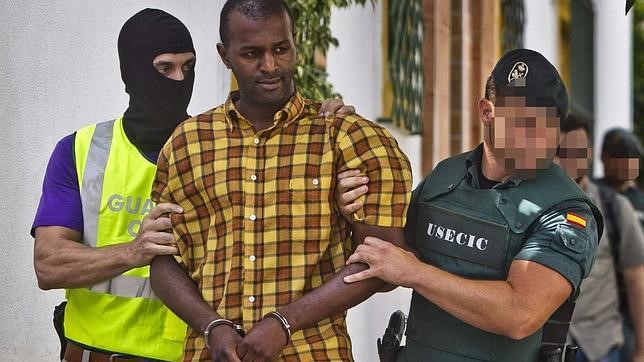So far, the UK Government relied on the Royal Prerogative – which allows the Government to have its own initiative, like in the signing of treaties or declaration of war – to activate the Brexit process. However, last January the 24th, the UK Supreme Court changed the course of the proceedings: in
order to activate the Brexit, the Parliament had to be consulted and had to give its consent.
The UK House of Commons has a total number of 650 seats, from which 329 belong to the Conservative Party and 229 to the Labour Party. These parties encompass, therefore, the majority of the votes. Aslo – both of them have something in common: they are against the Brexit. This means
that the prevailing opinion in the Parliament is in favor of remaining in the European Union.
This rises a dilemma – moral dilemma mostly – that I would like to discuss here. Having in mind that the Conservative Party is the one on power, and that they were elected, among many factors, for not defending the Brexit, what should these representants in the Parliament vote for? Should they be loyal to their programm – which made them be on power? Or should they, otherwise, be loyal to the referendum, which barely counted with a 50% of participation?
The first thing I would like to point out is that the United Kingdom, unlike Spain for example, is a very mature – politically speaking – state. With a long history and consolidation of its democracy, one of the basis of the UK political system is that “the Parliament is sovereign”, principle that
remains very relevant in the UK and gives much importance to the will of the people. Having said this, I don’t think a country rooted on these principles would ignore the population’s will.
Therefore, it is to expect that, at least, the referendum would be really taken into account by each representant while deciding whether to vote against or in favor the Brexit. It is also important to remark that the UK counts with open electoral lists, meaning that the disparity of the votes, of the opinions, can be higher than it would be in a closed-electoral-list country. The freedom of decision is higher for each representant and that implies that each one of them has to follow their own morality, not their party’s imposal. However, it is a complex question since the Conservative and the Labour parties’ interests are in conflict with the people’s ones. It is complex because if the Conservative party votes against it, people would feel that they are completely ignoring the majority’s will. On the contrary, it this party votes for it, the reputation of the party would be probably decrease among its voters, since they are not respecting one of the reasons why they were elected for.
In politics, like in life in general, making a decision implies giving up something. If you vote for it, you fail your own party. If you vote against it, you fail your voters. However, democracy means people are above your party – no matter how much most of the politicians do it backwards –
democracy relies on people beliefs. Otherwise, why making a referendum if you are not gonna respect it? What is, therefore, the point of democracy?
Silvia Prada



